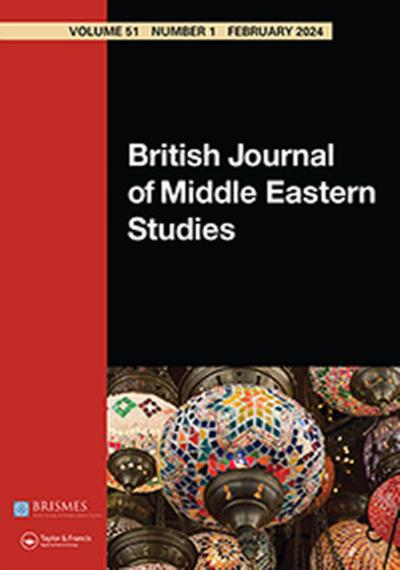Between Oslo and al-Aqsa. Taxation and state formation in Palestine 1994-2000
The state formation process in Palestine during the period 1994-2000, in contrast to the European experience, was not related to inter-state war but to insurgency against, or negotiation with, Israeli occupation. This conflict did not contribute to increased tax extracting capacity of the Palestinian National Authority (PNA) as wars did in the West. Although the conflict changed the relations between the new rulers and the ruled, relations of accountability between the PNA and citizens remained weak - perhaps because the government depended only partly on their citizens to mobilise revenues. The authority relied more on foreign aid and taxes on international trade instead. The study argues that a major problem for the PNA was that it did not manage to create confidence in its ability and capacity to deliver promised returns for taxes paid and foreign aid received. The deteriorating security situation in the late 1990s and declining social welfare raised citizens' perceptions of exploitation from an unequal contract with the authority and promoted resistance. In this perspective, the PNA's trustworthiness was closely linked to citizens' perceptions of the capacity of the PNA to make credible commitments about the use of tax revenues and foreign aid, as well as its procedures for designing and implementing fiscal policy non-arbitrarily. Moreover, extensive and increasing corruption contributed to undermine popular confidence in the PNA as a credible force in the struggle against the Israeli occupation.




